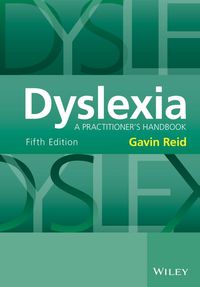Question
The following selected transactions were taken from the books of Ripley Company for Year 1: On February 1, Year 1, borrowed $58,000 cash from the
The following selected transactions were taken from the books of Ripley Company for Year 1:
- On February 1, Year 1, borrowed $58,000 cash from the local bank. The note had a 8 percent interest rate and was due on June 1, Year 1.
- Cash sales for the year amounted to $220,000 plus sales tax at the rate of 5 percent.
- Ripley provides a 90-day warranty on the merchandise sold. The warranty expense is estimated to be 3 percent of sales.
- Paid the sales tax to the state sales tax agency on $200,000 of the sales.
- Paid the note due on June 1 and the related interest.
- On November 1, Year 1, borrowed $42,000 cash from the local bank. The note had a 10 percent interest rate and a one-year term to maturity.
- Paid $3,500 in warranty repairs.
- A customer has filed a lawsuit against Ripley for $90,000 for breach of contract. The company attorney does not believe the suit has merit.
Required a. Answer the following questions: 1. What amount of cash did Ripley pay for interest during Year 1? 2. What amount of interest expense is reported on Ripleys income statement for Year 1? 3. What is the amount of warranty expense for Year 1? b. Post the liabilities transactions to T-accounts and prepare the current liabilities section of the balance sheet at December 31, Year 1. c. Show the effect of these transactions on the financial statements using a horizontal statements model like the one shown next. Use + for increase, for decrease, and NA for not affected. In the Cash Flow column, indicate whether the item is an operating activity (OA), investing activity (IA), or financing activity (FA) or not affected (NA). The first transaction has been recorded as an example.

Step by Step Solution
There are 3 Steps involved in it
Step: 1

Get Instant Access to Expert-Tailored Solutions
See step-by-step solutions with expert insights and AI powered tools for academic success
Step: 2

Step: 3

Ace Your Homework with AI
Get the answers you need in no time with our AI-driven, step-by-step assistance
Get Started


